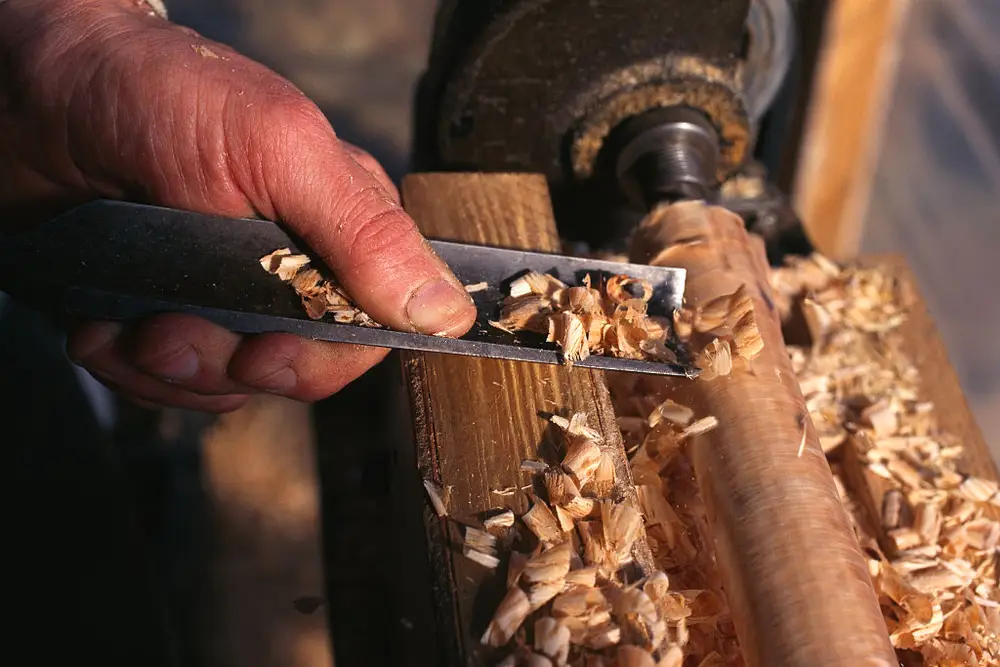A New Zealand-based startup is using woodchips to make synthetic graphite that can be used in EV batteries.
CarbonScape produces its alternative graphite by heating the waste from timber making, through a process known as pyrolysis, to create biochar, a carbon-rich material. The material is then milled and transformed into a raw form of graphite, which the company says is “a more sustainable option.”
“Our mission is to decarbonize the battery industry,” CarbonScape CEO Ivan Williams told The Wall Street Journal.
“That solves some other problems, too, including localizing supply chains,” he added.
Producing a viable alternative to graphite is increasingly important for Western nations as they seek to reduce their reliance on Chinese-made EV batteries.
Currently, China is one of the biggest producers of the LFP — lithium, iron, phosphate — batteries, which many EVs run on, and “up to 90% of the EV-battery supply chain relies on China,” Morgan Stanley analysts said in a July report.
This dominance of the supply chain allows China to make batteries cheaper than its rivals and subsequently offer lower prices.
But with tense Sino-US relations in recent years, Western nations are looking for alternatives to avoid any potential future disruptions to supply chains.
But some critics have cast doubt over CarbonScape’s idea, saying it requires too many woodchips and isn’t as cost-effective as graphite, per The Journal.
Nevertheless, the Kiwi startup is gaining international attention as global EV production expands. CarbonScape secured $18 million in funding from European forestry products company Stora Enso earlier this year, opening up new supply lines to Europe, The Journal reported.
“This investment represents a strong statement of support for sustainable sourcing of battery materials for global decarbonisation,” Williams said, per Reuters.
Hong Kong-based battery maker Amperex Technology has also invested in the company.
Graphite is a critical mineral in the US and the European Union, and officials hope to encourage more local mining production.
CarbonScape did not immediately reply to Business Insider’s request for comment, which was made outside of normal working hours.

